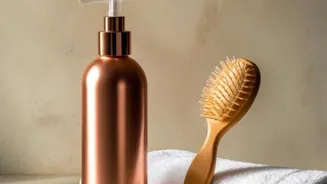Unlock the secrets to maintaining healthy hair year-round in changing seasons. Dive into expert tips for luscious locks!
The Indian seasons, they are a real dramatic affair, isn't it? From the scorching
heat of summer to the bone-chilling cold of winter, and then the humid monsoon in between – our hair goes through a lot.
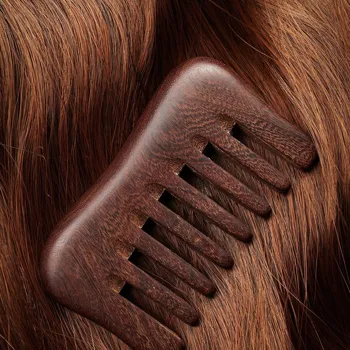
These changes in weather can wreak havoc on your precious locks, leading to dryness, hair fall, frizz, and a whole host of other hair-raising (pun intended!) problems. But don't you worry!
With a little bit of extra care and some good ol' desi wisdom, you can totally keep your hair healthy and happy throughout the year. Let's dive into some simple yet effective tips to make your hair look its best, no matter the season.
Protect hair from sun damage in summer with UV products, hats, and hydration
First things first, let's talk about summer. The sun is blazing, the temperature is soaring, and your hair is getting fried like a papad. Prolonged exposure to the sun can damage the hair cuticle, leading to dryness, split ends, and color fading (if you've colored your hair, that is).

The best way to protect your hair is to, well, protect it! Think of your hair like your skin – it needs protection from the sun's harmful rays. Before stepping out, apply a hair serum or spray that contains UV protection.
These products create a barrier between your hair and the sun, preventing damage. If possible, sport a hat or a scarf to shield your hair from direct sunlight. This is especially important if you're spending a lot of time outdoors, like at a picnic or a day at the beach.
Avoid using heat styling tools like straighteners and curlers too often during summer. Your hair is already dealing with enough heat, so give it a break! If you absolutely must use them, apply a heat protectant spray beforehand. And last but not least, remember to stay hydrated!
Drinking plenty of water is essential for overall health, and it also helps to keep your hair moisturized from the inside out.
Protect your hair during monsoon with proper care and maintenance
Next up, we have the monsoon season. Oh, the monsoons! So romantic, so refreshing... and so damaging to your hair. The high humidity can make your hair limp, greasy, and prone to frizz. Plus, rainwater can be acidic and contain pollutants that can damage your hair.
To combat the monsoon madness, keep your hair clean and dry. Wash your hair regularly with a mild, sulfate-free shampoo to remove excess oil and dirt. Don't let your hair stay wet for too long, as this can weaken the hair follicles and lead to hair fall.
After washing, gently towel-dry your hair and use a wide-toothed comb to detangle it. Avoid using a hair dryer as much as possible, as the heat can further damage your already vulnerable hair. If you must use a hair dryer, use it on a low heat setting and keep it moving.
Use an anti-frizz serum or hair oil to tame the frizz and add shine. Look for products that contain natural ingredients like aloe vera or coconut oil, which can help to moisturize and protect your hair. Consider using a hair mask once a week to deep condition your hair and restore moisture.
Look for masks that contain ingredients like honey, yogurt, or fenugreek seeds (methi), which are known for their hair-nourishing properties.
Protect and moisturize hair in winter with hydrating products and habits
Then comes winter – season for weddings, sweaters, and super dry hair. The cold, dry air can dehydrate your hair, making it brittle, prone to breakage, and full of static electricity. To keep your hair healthy during the winter months, focus on moisturizing and hydrating your hair.
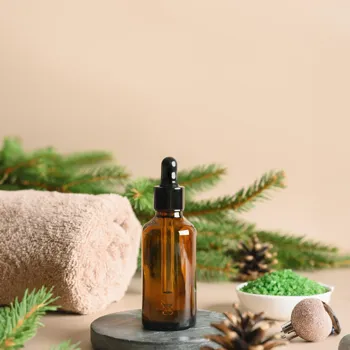
Use a moisturizing shampoo and conditioner every time you wash your hair. Avoid washing your hair too frequently, as this can strip away its natural oils. Once or twice a week should be sufficient. Apply a leave-in conditioner or hair oil after washing your hair to lock in moisture.
Look for products that contain ingredients like shea butter, argan oil, or almond oil, which are known for their moisturizing properties. Use a humidifier to add moisture to the air in your home. This can help to prevent your hair from drying out.
Protect your hair from the cold wind by wearing a hat or scarf when you go outdoors. And again, stay hydrated! Drinking plenty of water is essential for keeping your hair moisturized from the inside out. Hot oil massages are your best friend during the winter season.
Warm up some coconut oil, almond oil, or olive oil and gently massage it into your scalp. This will help to improve blood circulation, nourish your hair follicles, and add shine to your hair.
Maintain healthy hair with diet, gentle care, trims, and stress management
Apart from these season-specific tips, there are also some general hair care practices that you should follow throughout the year. Eating a balanced diet is essential for healthy hair. Make sure you're getting enough protein, vitamins, and minerals.
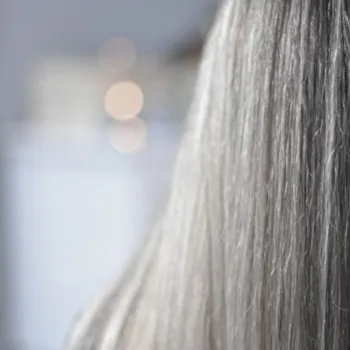
Foods like leafy greens, nuts, seeds, and lentils are all great for hair health. Avoid using harsh chemicals on your hair, such as those found in some hair dyes and perms. These chemicals can damage your hair and make it more prone to breakage. Be gentle when brushing your hair.
Avoid using a brush with hard bristles, as this can damage the hair shaft. Start at the ends of your hair and work your way up to the roots. Get regular trims to remove split ends. This will help to prevent breakage and keep your hair looking healthy. Manage stress.
Stress can cause hair loss and other hair problems. Find healthy ways to manage stress, such as exercise, yoga, or meditation.
Hard water affects hair quality; solutions include softeners, filters, and vinegar rinse
One important thing many folks tend to overlook is the quality of water they use to wash their hair. In many Indian cities, the water can be quite hard, meaning it contains a high concentration of minerals like calcium and magnesium.
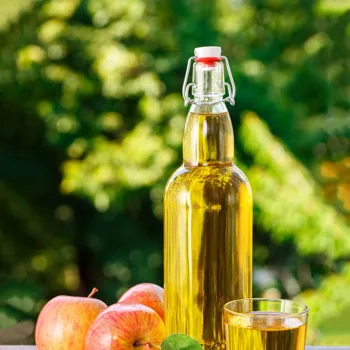
This hard water can leave a residue on your hair, making it feel dull, limp, and difficult to manage. It can also interfere with the effectiveness of your shampoo and conditioner. To combat the effects of hard water, consider using a water softener or a shower filter.
These devices can help to remove the minerals from the water, making it softer and gentler on your hair. You can also try rinsing your hair with apple cider vinegar after shampooing. Apple cider vinegar helps to neutralize the pH of your hair and remove mineral buildup.
Simply mix one tablespoon of apple cider vinegar with one cup of water and pour it over your hair after shampooing. Leave it on for a few minutes, then rinse thoroughly with water.
Find the right hair care routine through experimentation and patience
Finally, remember that everyone's hair is different, so what works for one person may not work for another. It may take some experimentation to find the right hair care routine for you.
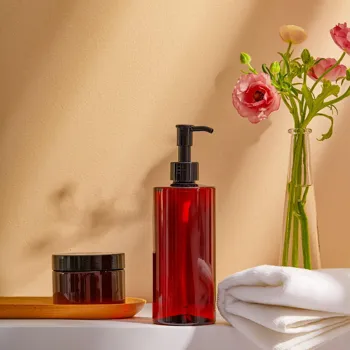
Don't be afraid to try different products and techniques until you find what works best for your hair type and concerns. And most importantly, be patient and consistent. It takes time to see results, but with a little bit of effort, you can achieve healthy, beautiful hair that you'll love.
Consider consulting a dermatologist or a hair stylist if you have any specific concerns about your hair health. They can help you identify any underlying problems and recommend the best course of treatment.
With consistent care and the right approach, your hair can brave all the seasons and remain healthy and strong!
AI Generated Content. Glance/InMobi shall have no liability for the content